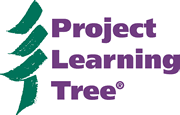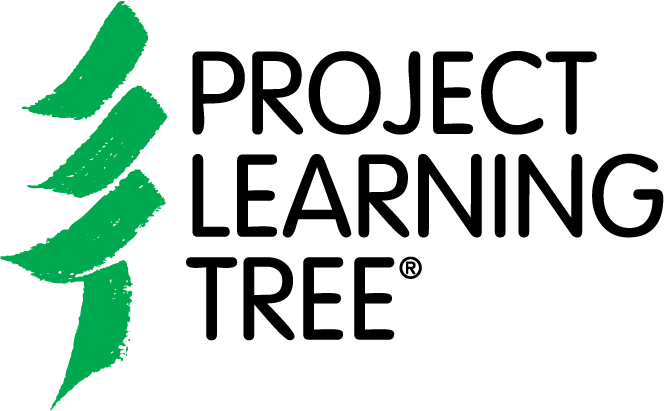“Environmental education is about hope and change. There is a mountain of evidence that suggests EE is a powerful way to teach students. Over 100 studies found that it provides transformative learning opportunities that bring tremendous results and engage young people in the world around them in meaningful, collaborative ways. There is no doubt that environmental education is one of the most effective ways to instill a passion for learning among students.”
— Dr. Nicole Ardoin, Stanford University Graduate School of Education and Woods Institute for the Environment
A growing base of research is documenting the impacts of environmental education. Read about Why Environmental Education is Important and refer to these references that provide more evidence about the benefits of environmental education.
Online Libraries and Databases
- eePro Research Database catalogs recent peer-reviewed research and is provided by the North American Association for Environmental Education
- eeWorks is beginning to build a comprehensive understanding of the evidence-based impacts of EE and is a project of the North American Association for Environmental Education
- EE Research Bulletins spotlight recent peer-reviewed research and are a project of ChangeScale in partnership with Dr. Nicole Ardoin at Stanford University
- Benefits of Environmental Education lists several positive outcomes of EE, from the National Environmental Education Foundation
- Research and Evaluation Database provides a searchable database of general and technical publications on the value of place-based and environmental education.
Publications
- The National Environmental Education Foundation. (2015). Environmental Literacy Report 2015. Washington, DC: National Environmental Education and Training Foundation.
- The National Environmental Education and Training Foundation. (2005). Environmental Literacy in America. Washington, DC: National Environmental Education and Training Foundation.
- Kuo, Frances E.; and Andrea Faber Taylor. A Potential Natural Treatment for Attention-Deficit/Hyperactivity Disorder: Evidence from a National Study. In American Journal of Public Health, Vol 94, No. 9, September 2004.
- Archie, M. (2003). Advancing Education through Environmental Literacy. Alexandria, VA: Association for Supervision and Curriculum Development
- North American Association for Environmental Education (NAAEE) and National Environmental Education Foundation (NEEF). (2001). Using Environment-Based Education to Advance Learning Skills and Character Development. Washington, DC

